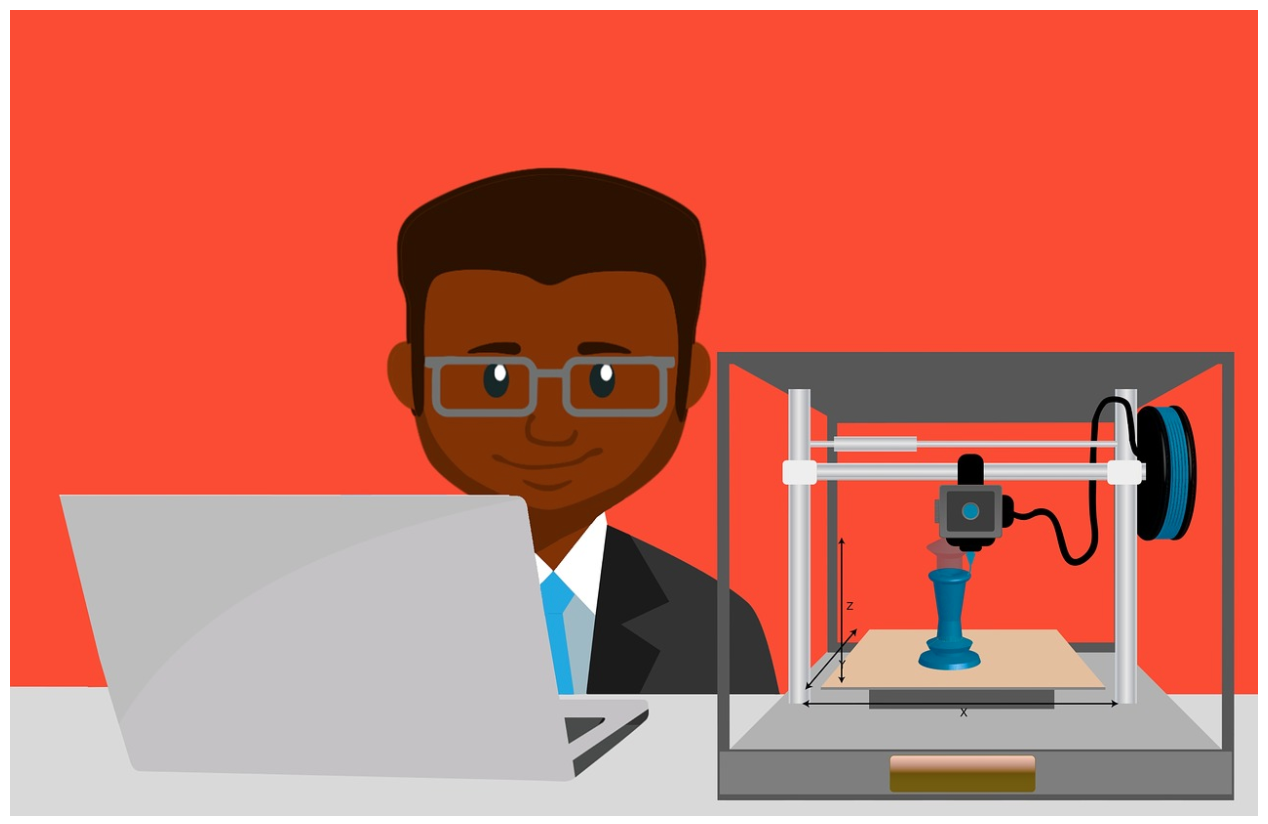Many hardware startups have the goals and dreams to change how people live their lives. However, creating a giant in the hardware space is a long process. Whether you want to create the next great wearable, or a tool to revolutionize home construction, there is a lot of work involved.
Turning your startup into a household name is something that can take years. But there are a variety of things you can do during the early stages to give yourself a good chance of success. No matter what kind of hardware you are building or developing, there are some tips that you should keep in mind. This article is going to go over a few of them.
Use the Right Resources, Tools and Software
Among the most important things to remember is to use the right tools and resources. In the beginning, you won’t have an endless budget and a huge team to easily complete whatever you want in a matter of hours. You will have to be smart and selective about what you do. This is especially true for prototyping, which is one of the most important aspects of getting a hardware startup off of the ground.
Your team might not be able to send your idea off to be professionally prototyped, and may need to do it yourself. By doing your research on laser cutters or 3D printers in your area, you can make your prototype cheaply and effectively. Using these available resources can save you a lot of time and money.
In addition to physical tools, there are also some things online that you should keep an eye out for. For example, this article on how to Design An Industrial Product is one of best resources to consider. It will go over many aspects of the process of product design and make it very simple to follow and understand.
Keep Things Simple
Simplicity is very important in business, and this is especially true during the early stages of your hardware startup. While you might be creating something complex, that doesn’t mean the entire process needs to be complex. The more complicated things are, the more confusion will arise.
Try to keep things as simple as possible, at least early-on. This goes from your idea, to your process. Also, simple is generally better when it comes to prototyping as well. If you try and do too much from the start, it can hold you back. Attempting to achieve perfection right away can often lead to frustration and even inaction.
Once you have proven your concept, and have a simple version of your product that works and is designed as intended, you can begin getting more detailed in your future iterations.
Testing is Key

While building a prototype is great, it is the testing that is often the most important. Without testing, it can be impossible to know whether your tool does what it’s supposed to and how well. In general, you should perform both an alpha and a beta test. These will ensure the product is not only functioning properly, but also ensure the concept is received well by potential users.
Sure, testing can take more time and money, but it is instrumental when it comes to making sure you have designed a quality piece of hardware. Also, don’t be discouraged by failed tests. They are learning experiences and can help you perfect the product going forward. It’s better to fail a test at this phase than to release an incomplete product and have paying customers discover the issue.
Financial foundation
When starting a business, there are many important things to consider and plan for. One of the most critical components of any business is its financial foundation. Without a solid financial footing, it will be difficult for your business to succeed.
There are a few key things to keep in mind when planning your business’ finances:
1. Make sure you have a clear understanding of your start-up costs. This includes not only the cost of physical goods or services, but also the cost of any marketing or advertising you’ll need to do to get your business off the ground.
2. Have a realistic idea of how much revenue you expect to generate in the early stages of your business. It’s important to be realistic here, as over-estimating can lead to financial problems down the road.
3. Have a solid plan for how you will use any borrowed money. This includes not only loans from financial institutions, but also investments from family and friends.
4. Make sure you are aware of all the potential tax implications of starting a business. This can be a complex topic, so it’s important to seek professional advice if needed.
5. Have a clear exit strategy planned from the outset. This is especially important if you are taking on any debt to finance your business.
By following these simple tips, you can ensure that your business has a strong financial foundation from the start. This will give you the best chance at success in the long run.


